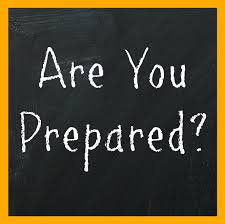I received a panicked call last week. “Andrew, you don’t know me. I just lost my job. I’m terrified. I’ve got 2 little kids and am the main breadwinner in the family. I am so scared!”
You could feel she was holding back tears.
This is not the first time I’ve received calls like this.
The fact is, it can be a terrifying thing to lose your job under any circumstance. Whether it is due to reductions in labor, layoffs, bankruptcies or being fired, it comes as a shock. And in addition to the pressure of having to find a new job, you also have to deal with emotional, maybe even traumatic, feelings of loss, embarrassment and insecurity. One day you are working and the next day you aren’t! You stay awake at night trying to figure out the answer to questions like, “Why was I laid off?” “What did I do wrong?” “How do I explain this to my next employer?”
I set up a coffee meeting to help calm her down and give her some motivation. Luckily, she was given 6 weeks of severance and because she was laid off, she was eligible for unemployment benefits. Her resume was strong. It showed an impressive career trajectory and up-to-date skill sets that would serve her well as she presented herself to prospective employers. Her story would continue positively.
But in reality, most professionals don’t prepare to lose their jobs. When jobs are comfortable it is easy to believe that they are secure, even if they aren’t. Even if you feel secure at your current job, you can and SHOULD prepare for and protect yourself from job loss by following these five steps.
- Save some money. Most financial experts would advise having 3 months of living expenses saved in the event that you lose your main source of income. Yes, I know, that sounds difficult, but start setting up automated savings transfers from every paycheck, and you’ll be surprised how quickly it adds up.
- Always keep your resume and your LinkedIn profile up to date. Frantically preparing your resume after losing your job can lead to important omissions and other typos and mistakes. Keep them updated while employed, and make adding accomplishments a monthly habit. If you haven’t had to write a resume in a while, think about having a professional resume writer work with you on your resume and LinkedIn profile. Ideally, they will review your resume every 4-6 weeks to make sure you are updating skills, titles and accomplishments. (If you are looking for a professional resume writer, I recommend Ruth Pankratz at Gabby Communications. Visit her website to contact her.)
- Keep your network strong! Get involved with a professional association. Make friends and contacts with industry peers, vendors and clients. Having a strong network to turn to when you are looking for a job is an excellent way to open doors to new opportunities.
- Always be a passive job seeker. Even if you aren’t actively looking for a new opportunity, continue to scan the job boards and make note of interesting companies and jobs. Understanding the market will always be helpful in the event you find yourself actively looking. And, keep in mind that getting a new job might be the best way to get a huge raise.
- Learn HOW to look for a job. If you haven’t had to look for a job in a while, you’ll immediately realize that job seeking has changed a lot. I’d suggest taking some time to understand the strategies of successful job seekers and understanding the various tools and strategies recruiters use to identify talent. For additional resources, check out my guide on getting hired.









